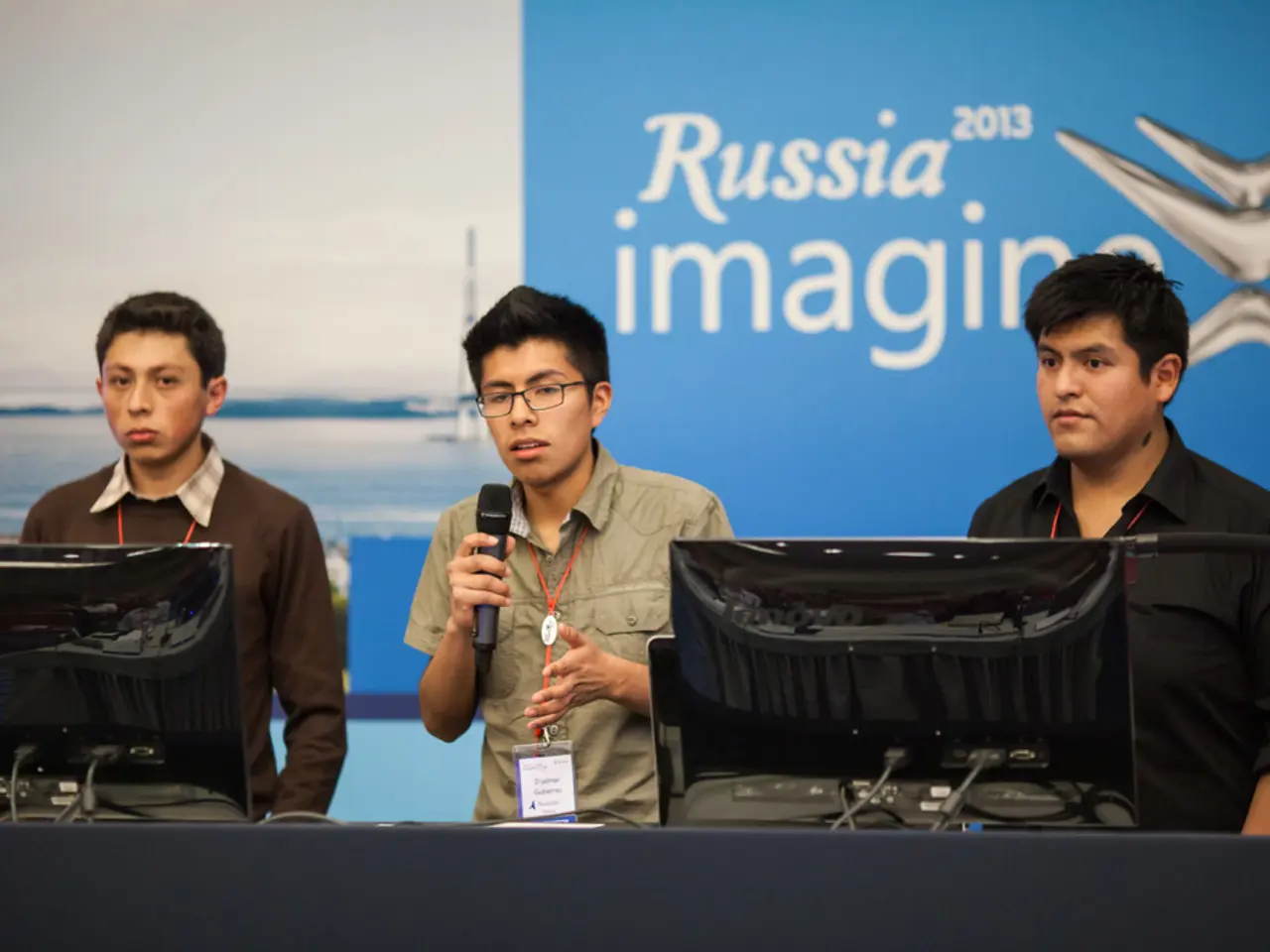Russia's Continuing Crackdown on Digital Communication: New Restrictions on VPNs and Social Media
Russia imposes restrictions on WhatsApp and Telegram voice calls in the name of combating criminal activities
In a move that further tightens Russia's grip on digital communication, President Vladimir Putin signed a law at the end of July 2020 that prohibits the promotion of Virtual Private Networks (VPNs) and imposes restrictions on popular social media platforms.
The new law, which is part of ongoing measures taken by Russian authorities to combat criminals, does not specifically mention YouTube, Facebook, or Instagram. However, the ongoing tightening of restrictions on Western social networks and messaging apps includes these platforms as well.
Since 2022, Facebook and Instagram, part of the American group Meta, have been blocked in Russia. The blocking of these platforms is a continuation of Russian authorities' restrictions on Western social networks, which started with the declaration of Facebook and Instagram as "extremist" before being blocked.
Despite the blocking, the continued use of VPNs in Russia allows access to Facebook, Instagram, and other blocked platforms. The new law, however, punishes internet searches for content classified as extremist and does not specify the penalties for violating the restrictions on VPNs.
The state news agency Ria Novosti reported the restrictions, citing the Russian communications watchdog. The restrictions apply only to voice and video calls on WhatsApp and Telegram, with text messaging services remaining unaffected for now. The effectiveness of these restrictions varies across regions and mobile carriers.
The restrictions are aimed at promoting domestic technology and achieving "digital sovereignty" by pushing users towards Russian-made apps like Max. This aligns with President Putin's emphasis on the importance of shifting to Russian-owned platforms.
By limiting access to foreign messaging platforms, the government can control the flow of information, potentially stifling dissent and reducing the ability of citizens to communicate freely. The push towards domestic apps could lead to a more controlled digital environment where the government has greater oversight over what information is available to the public. This could further restrict freedom of expression by limiting access to diverse viewpoints.
The restrictions have led to protests and public dissatisfaction, with many Russians relying on these apps for communication with family and friends. The ongoing crackdown on digital communication has significant implications for freedom of expression and access to information in Russia.
- The policy-and-legislation introduced by the Russian authorities to combat criminals extends to the restriction of popular social media platforms like YouTube, Facebook, and Instagram, which are not specifically mentioned in the new law.
- The ongoing crackdown on digital communication by the Russian government, as evidenced by the new policy-and-legislation and the blocking of social media platforms like Facebook and Instagram, potentially impacts freedom of expression and access to information in the European Union, given the interconnectedness of general-news and the digital world.







